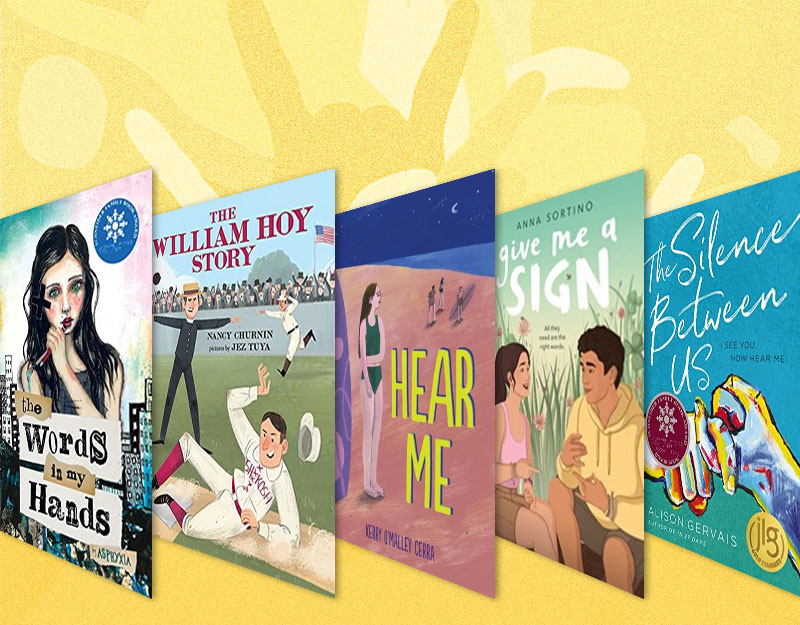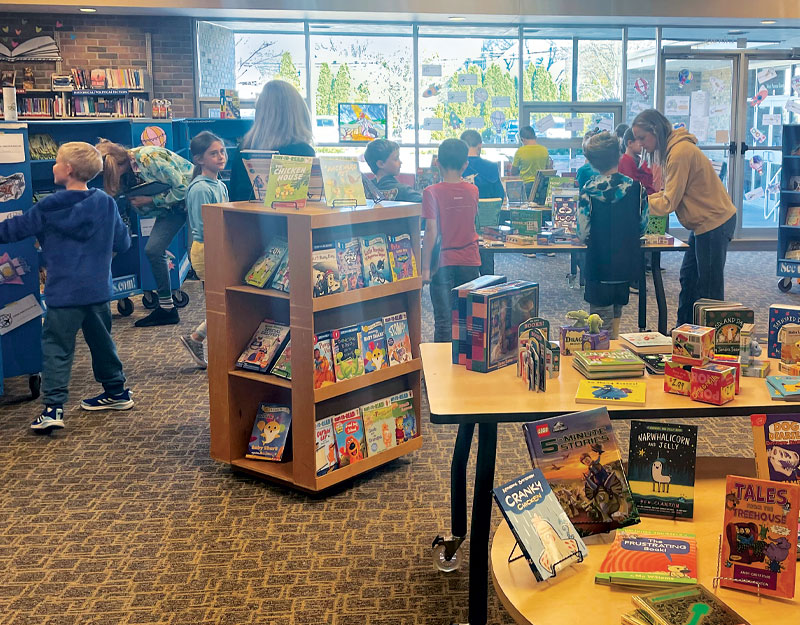Why Girls’ Social Struggles Intensify During Adolescence and The Inspiration Behind BFF or NRF (Not Really Friends), a guest post by Jessica Speer
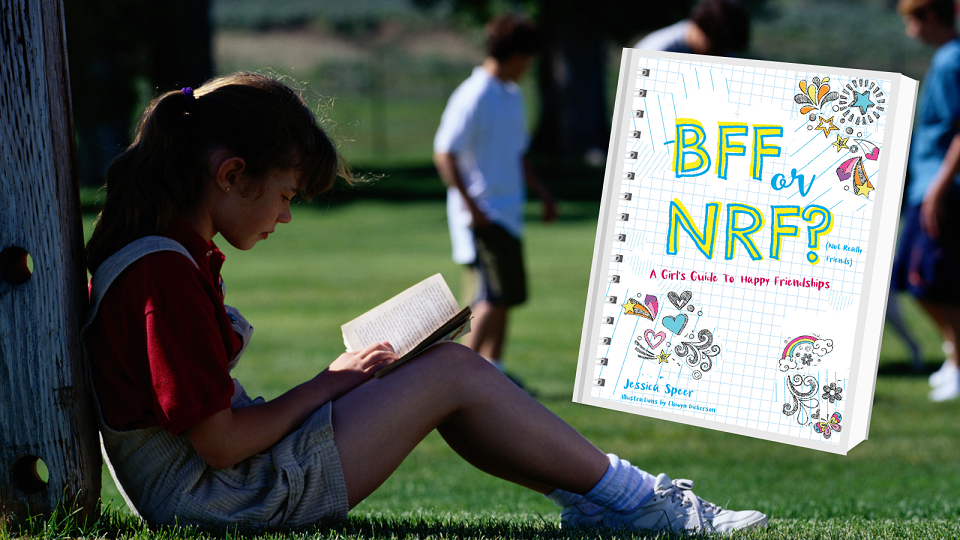
Friendships can be challenging, especially during adolescence. When you ask women to recall their preteen and teen social lives, a consistent pattern emerges. There are stories of enduring friendships but also uncomfortable social memories. Women share stories of exclusion, drama, loneliness, fitting in, and friendships lost.
And this rings true for girls today. A UCLA study of 6,000 sixth-graders found that two-thirds changed friendships during their first middle school year. The majority of adolescents report feeling lonely at some point.
ADVERTISEMENT
ADVERTISEMENT
When my daughters entered their tween years, friendship struggles started to emerge. This reminded me of my struggles and the experiences of so many. As a social scientist, this piqued my curiosity. What is it about adolescence that intensifies social struggles, especially for girls?
I dove into books and research on the subject. I talked to experts. What I found was a confluence of events that create an environment primed for social struggles. Tweens learn how to navigate complex social groups alongside the physical, emotional, and intellectual changes that go along with puberty. And all of this happens as peer acceptance grows in importance and confidence levels drop.
Confidence drops
Puberty is a turbulent time for confidence in all genders, but girls experience a more significant dramatic drop. Claire Shipman, Katty Kay, and JillEllyn Riley, authors of The Confidence Code for Girls, found that girls’ confidence levels drop by 30% between the ages of 8 and 14. The authors contribute much of this drop to newly formed habits such as overthinking, people-pleasing, and perfectionism. This lack of confidence ripples through girls’ relationships and increases the likelihood of self-doubt, social anxiety, and risk avoidance.
Increased reliance on peers
While confidence is dipping, adolescents are also in the midst of the developmental phase that shifts their reliance on family to a reliance on peers. During this period, friendships begin to replace family as tweens’ primary source of identity and support. Social conformity becomes a typical response to the urgent need to fit in and be accepted into a new replacement “family.”
This process of finding a new group, as psychologist Lisa Damour shares in her book, Untangled, is nothing less than a strategy for survival. Cliques and social drama are often anxiety-fueled behaviors to manage the transition from family as the primary social support to finding a sense of belonging in peers.
Seeking identity
As kids look more to peers to find support and belonging, they need to figure out where they fit in the sea of students, groups, and activities. During adolescence, kids begin to explore their social world, including who their friends are, what they wear, and what activities they do. They start to question, experiment with, and shape their identity.
In early elementary school, friendships often form based on proximity, such as being in the same class or the same neighborhood. Starting in late elementary school and middle school, friendships begin to form based on shared interests and deeper feelings of acceptance. The pursuit of identity ripples into friendships and prompts changes.
“At a time when identity is so very insecure, kids need everything in their lives – shoes, friends, Instagram posts- to project the image of self they’re working so hard to construct. Any deviation is far too dangerous to tolerate. It’s also why old elementary school friendships so commonly and brutally come to an end in sixth or seventh grade – an event that can feel completely mysterious to the person who’s left behind,” explains author Judith Werner in her book, And Then They Stopped Talking to Me.
Physiological Changes
Bubbling beneath the surface of all of this, the physiological changes in adolescence amplify the intensity of teens’ emotions and experiences. The limbic system, or the emotional brain, ramps up quickly in puberty, while the executive functioning part of the brain responsible for self-regulation and self-control lags. During adolescence, we feel our feelings most deeply, which creates enduring memories. As described by psychologist Laurence Steinberg in Age of Opportunity, “the hormones released in puberty affect our “sensitivity thresholds,” how reactive we are to things that happen to us and what we feel.”
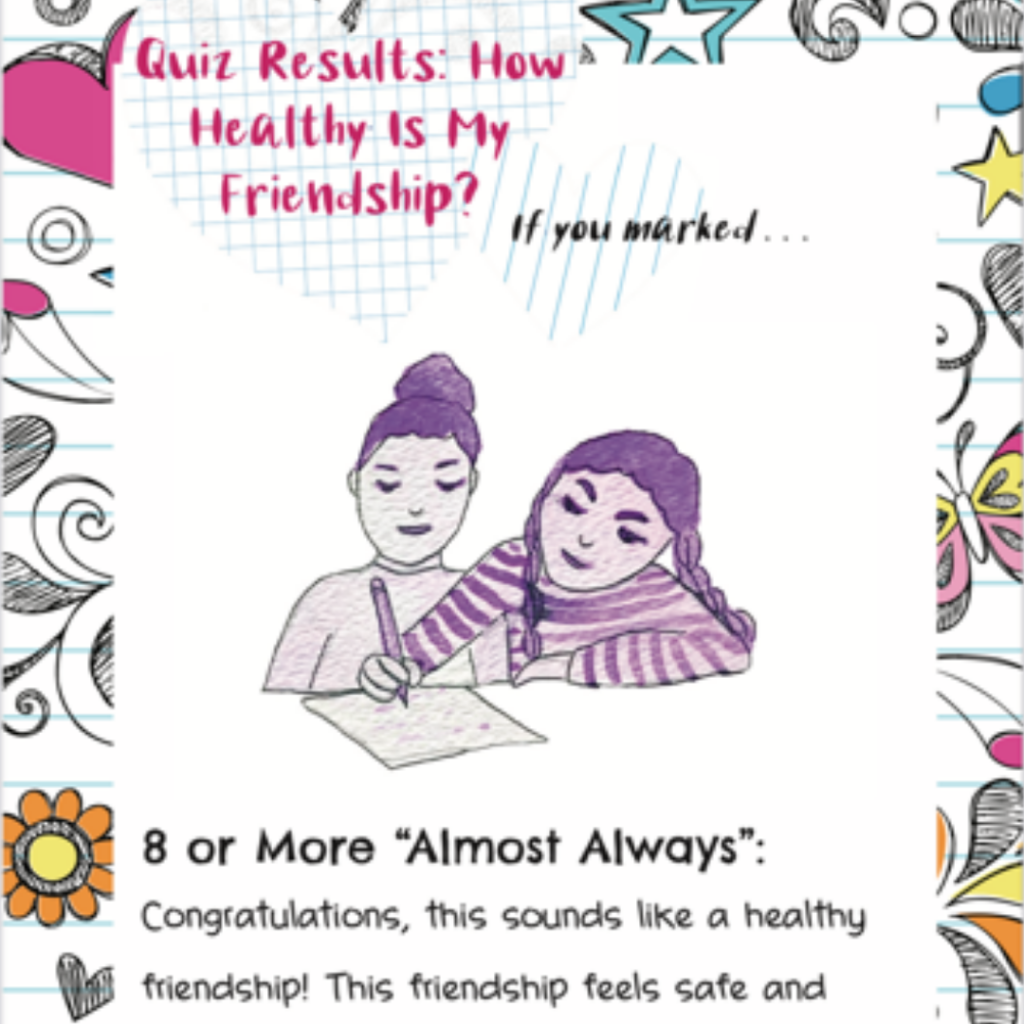
Inspiration for BFF or NRF (Not Really Friends)? A Girls Guide to Happy Friendships
To say a lot is going on developmentally during adolescence is an understatement. It is a period of tremendous change and growth. An enduring pandemic adds another level of change to this already complex phase.
ADVERTISEMENT
ADVERTISEMENT
During my research, I uncovered insights about friendship that I thought would help tweens. To make sure these ideas resonated with girls, I started Project Friendships, an after-school program focused on social-emotional skills and awareness. The honest feedback, stories, and voices from program participants shaped BFF or NRF from start to finish.
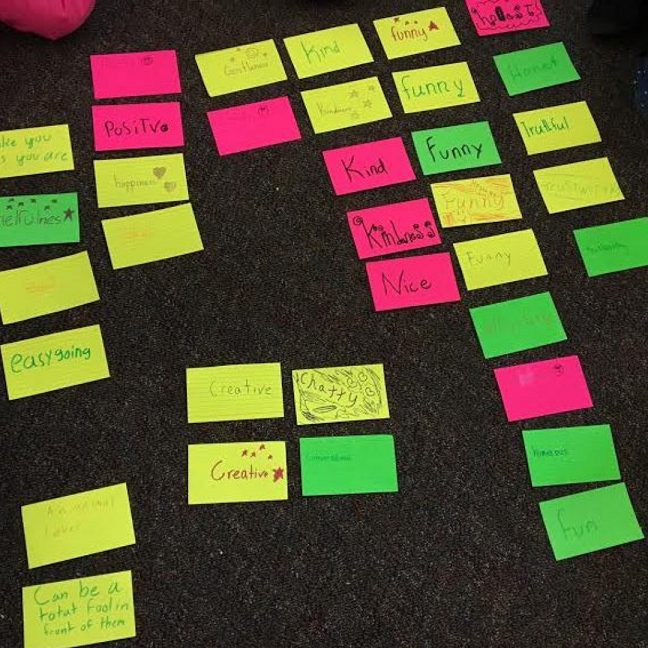
Friendship requires a variety of skills that take time and practice to develop. It’s a messy process filled with change, mistakes, and misunderstandings. My hope is that BFF or NRF (Not Really Friends) serves as a warm and compassionate guide as girls journey through their social worlds.
Meet the author

Jessica Speer is the author of BFF or NRF (Not Really Friends)? A Girls Guide to Happy Friendships, which grew out of her friendship program that strengthens social awareness and helps kids learn to navigate common struggles. She has a master’s degree in social sciences and focuses her research and writing on social-emotional topics for kids and families. To learn more, visit www.JessicaSpeer.com or @jessica_speer_author on Instagram, @speerauthor on Twitter, or @JessicaSpeerAuthor on Facebook.
About BFF or NRF (Not Really Friends)? A Girls Guide to Happy Friendships by Jessica Speer
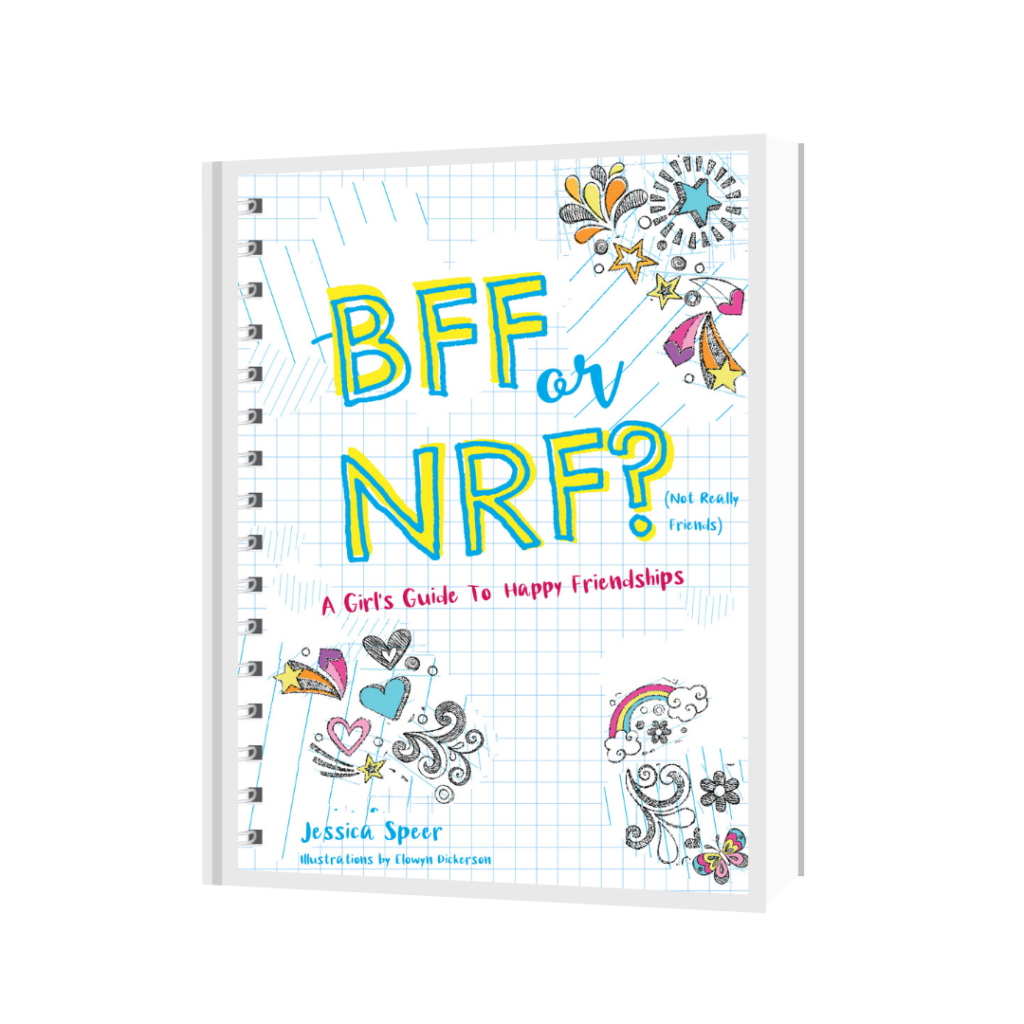
Friendships are tough to navigate, even for adults. The preteen years can be particularly sticky, but we’ve got your back! Packed with fun quizzes, colorful illustrations, and stories about girls just like you, BFF or NRF (Not Really Friends) is the ultimate interactive guidebook to help you learn the ins and outs of friendship. Explore the topics of gossip, bullying, and feeling left out, along with ways to strengthen the friendships that mean the most to you.
ISBN-13: 9781641701952
Publisher: Familius
Publication date: 08/17/2021
Age Range: 8 – 12 Years
Filed under: Uncategorized
About Amanda MacGregor
Amanda MacGregor works in an elementary library, loves dogs, and can be found on Twitter @CiteSomething.
ADVERTISEMENT
ADVERTISEMENT
SLJ Blog Network
One Star Review, Guess Who? (#206)
“Complex social dynamics exist in the simplest of conflicts.” A Kyle Lukoff Interview on Sorry You Got Mad
UnOrdinary | Review
ADVERTISEMENT





